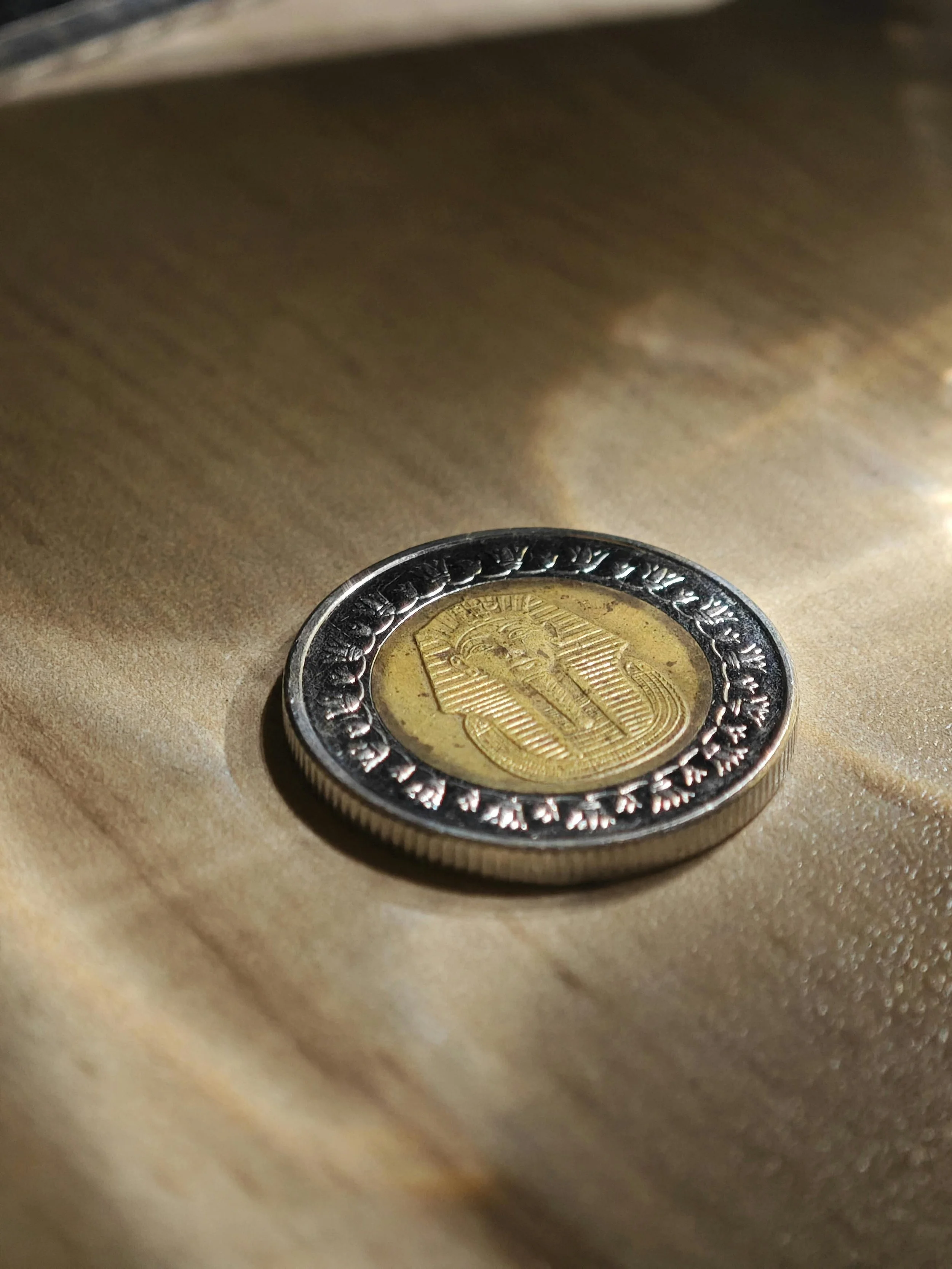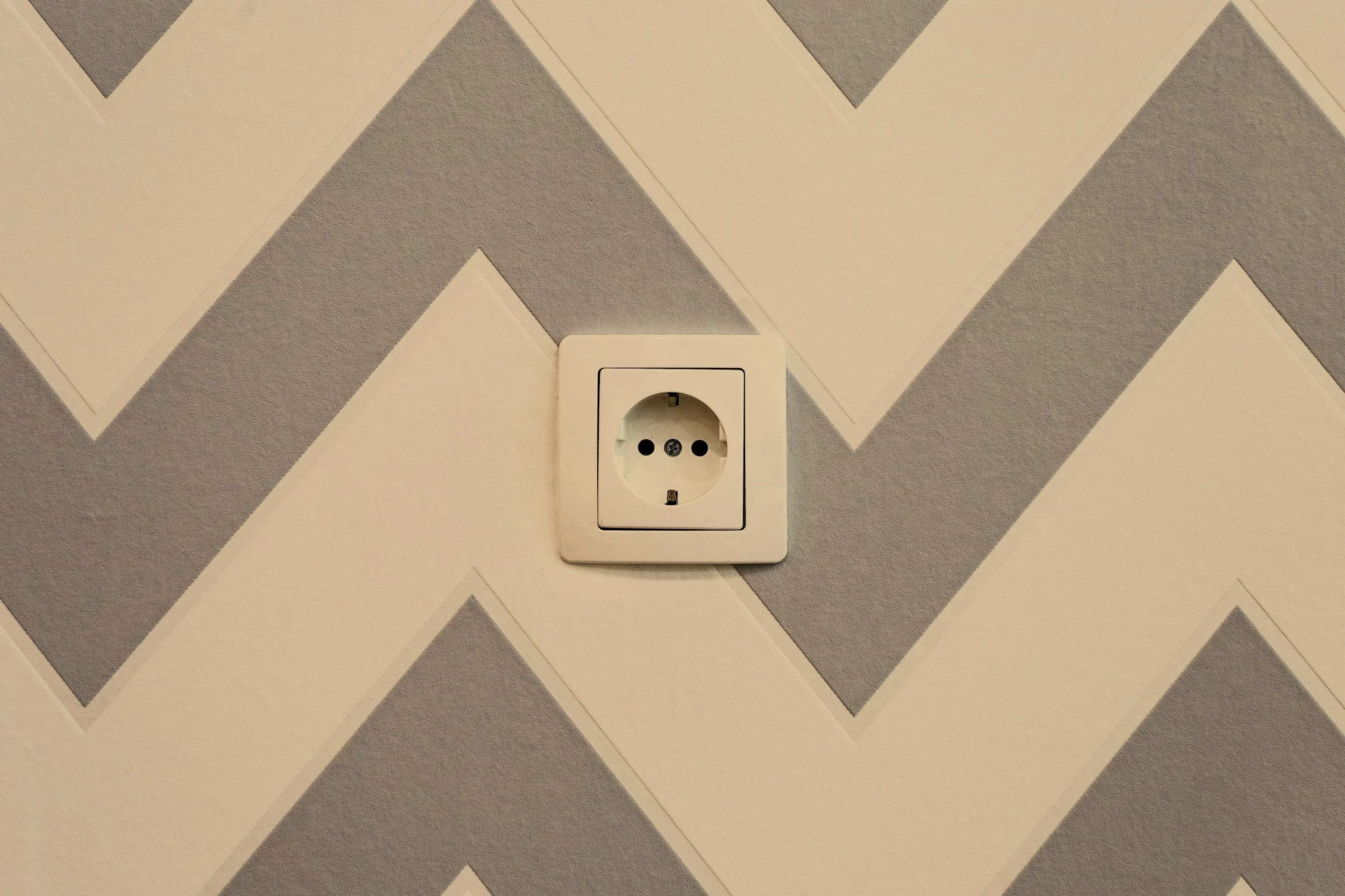Travel Information
Traveling in Egypt is an experience filled with history, color, and encounters with a living culture. To make your journey smooth and enjoyable, here are some helpful notes—simple guidance to keep in mind as you explore. If any other questions arise, don’t hesitate to
When to Visit
The best time to visit Egypt will always be personal, so we’ve created a little “heat guide” to help you see what fits you best. However, our recommendation is during “Gold Season”
Gold Season
October - December
Temperatures sometimes exceeding 40°C (104°F)
Quiet Season
January - February
Temperatures sometimes exceeding 40°C (104°F)
Sun Season
June- September
Temperatures sometimes exceeding 40°C (104°F)
Gold Season
March - May
Temperatures sometimes exceeding 40°C (104°F)
Passports & Visa
Your passport must be valid for at least six months after your return date from Egypt.
Tourist visas can normally be purchased upon arrival in Egypt. If you book a trip with us - all information for your specific case will be handled.
EU citizens
Visa rules vary. Check with the Egyptian Embassy before travel and apply in advance if required. Travelers are personally responsible for holding correct documents. Though, we will do everything in our power to help you through the process.
Non-EU citizens
Health & Vaccinations
A basic vaccination program is recommended, along with protection against Hepatitis A. Many travelers also choose oral vaccines against stomach upsets. Always drink bottled water, avoid ice unless you know it’s filtered, and wash or sanitize hands before meals. Peel fruit yourself, and take care with raw vegetables. Sun protection—hat, sunglasses, and sunscreen—is also essential in Egypt’s desert climate.
Currency & Payments
The local currency is the Egyptian Pound (EGP/LE). US Dollars and Euros are widely accepted in tourist areas. ATMs are easy to find in cities, but small notes are invaluable for tipping. Credit cards (Visa/MasterCard) are accepted in most hotels, cruise ships, and larger shops.
Tipping is a long tradition in Egypt and part of daily life. Keep small notes handy for guides, drivers, porters, or even at public restrooms. For larger services, tips are usually given at the end of a tour or stay. A smile and a small gesture are always appreciated.
Time Zone
Egypt follows Eastern European Summer Time (GMT+3) which is generally +1 hour compared to Central European Time. Note that Egypt does not always change between summer and winter time on the same dates as Europe.
Electricity & Internet
Electricity is 220V, with European-style plugs. Mobile coverage is good, and Wi-Fi is available in most hotels (though often slow). Check roaming charges with your provider, or consider an eSIM or local SIM.
Culture & Customs
These are not only monuments but sacred places. Keep voices low, avoid leaning on or touching carved walls, and follow signs about photography. Even small gestures of respect help preserve Egypt’s heritage for the future.
Clothing & Etiquette
Light, airy clothing is best during the day, while evenings can be cooler depending on the season—pack a sweater or jacket. Make sure to bring a modest set of clothes as it (shoulders and knees covered) is required in mosques, churches, and sacred spaces. Swimwear is fine at pools and beaches, but not in towns or villages. A big til is comfortable shoes as they are essential for exploring temples and tombs during long days.
Safety & Valuables
Egypt is welcoming and generally safe, but normal travel sense applies. Keep valuables in the hotel safe, carry only what you need each day, and be sure something is truly missing before reporting it. False accusations can have serious consequences.
Shopping
Egypt offers many treasures, from papyrus paintings to alabaster, jewelry, and handwoven rugs. Only buy these special items from authorised sellers, especially precious metals, in markets the majority is fabricated or made from other materials than advertised.
Bargaining is part of the fun in markets—done with patience and humor - but remember; pocket change for you, may have a big impact on their lives.
NEVER buy antiquities; genuine or not, it is illegal to take them out of the country.
Local Language
Arabic is the official language, but English is widely spoken in tourist areas and by licensed guides. A few words in Arabic are always welcome and usually met by smiles:
Shukran (thank you)
Afwan (you’re welcome / excuse me)
Naʿam / La (yes / no)
Respect in Temples & Tombs
Keep voices low; many sites are active places of worship or remembrance.
Do not touch walls, reliefs, or painted surfaces—oils from hands cause lasting damage.
Follow photography rules (some areas ban flash or all photos; signs/guards will indicate).
Don’t lean on or sit atop monuments, ropes, or barriers.
Stay on marked paths; obey directions from site staff and guards.
Embrace the Pace
Life in Egypt moves to its own rhythm. Schedules may shift, and time can feel more fluid than at home. Take it as part of the experience: a chance to slow down, notice the details, and meet Egypt as it is. Flights and schedules in Egypt may change at short notice, and hotels or cruises may occasionally be overbooked or change schedules. Attractions can even close without warning. Flexibility is part of traveling here. Something we’ve spent years finding solutions and workarounds through. However, reliable travel insurance is recommended.








